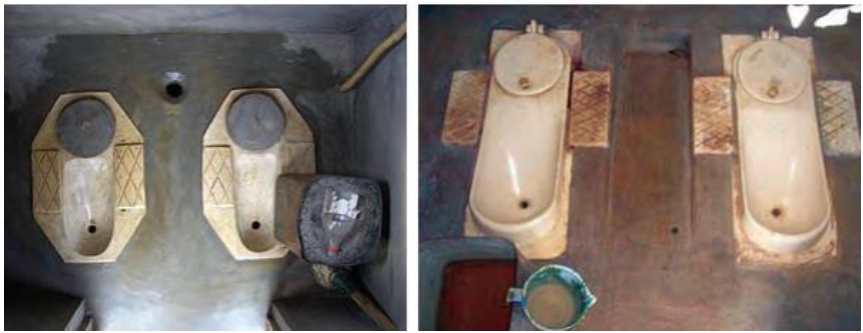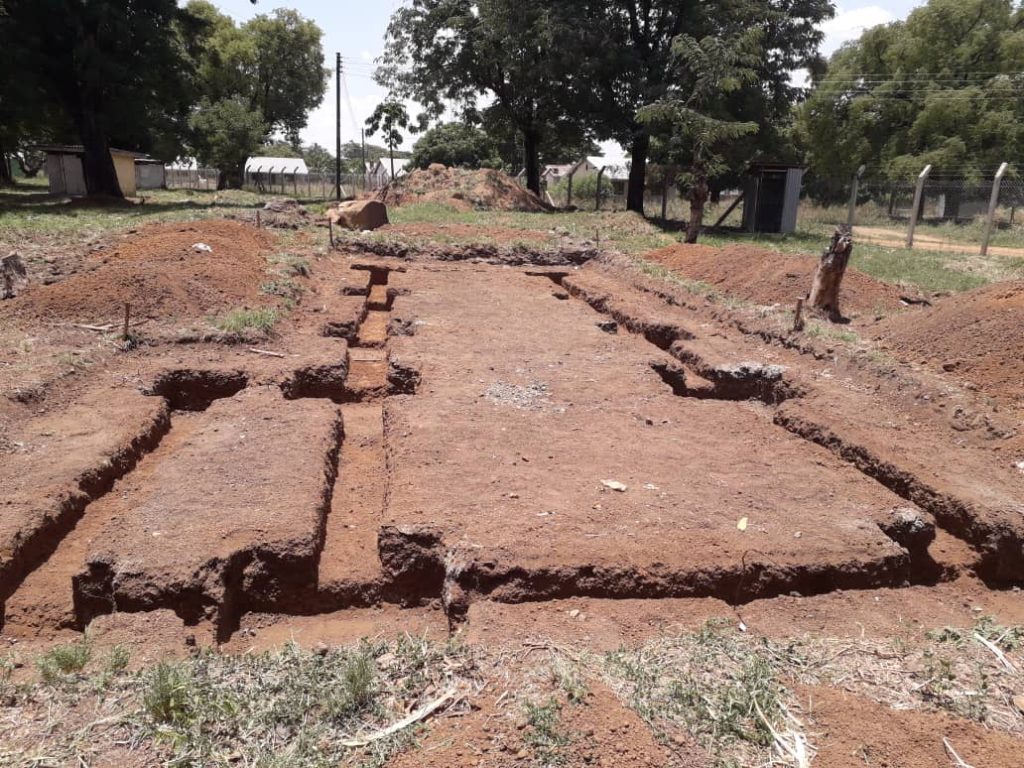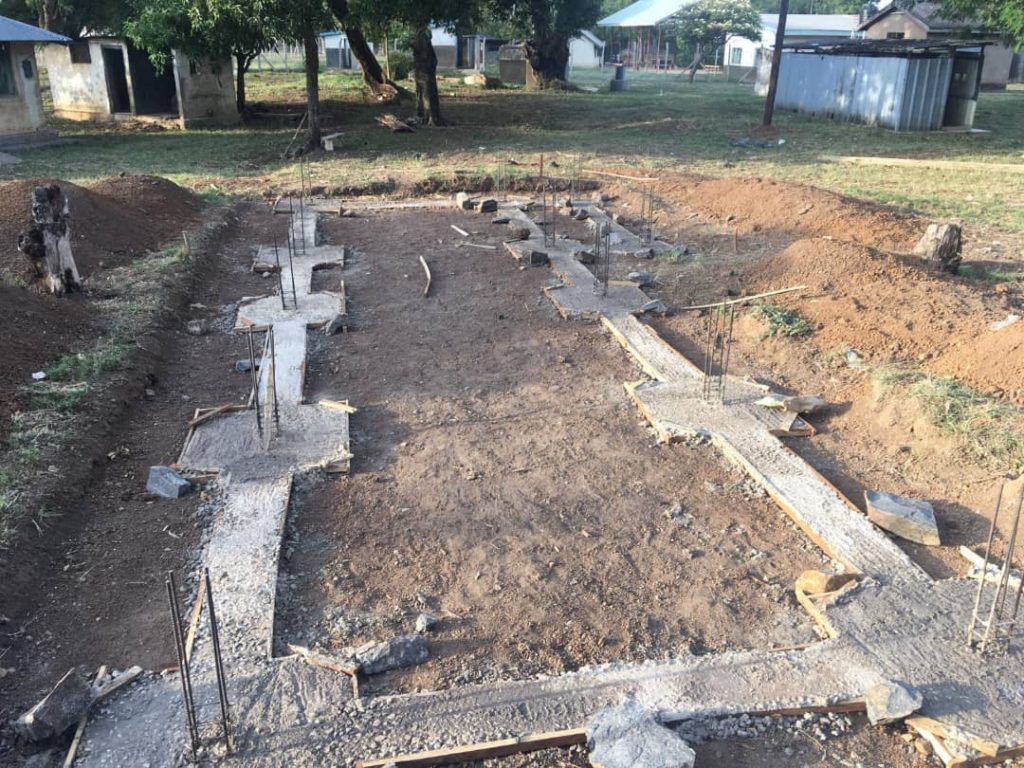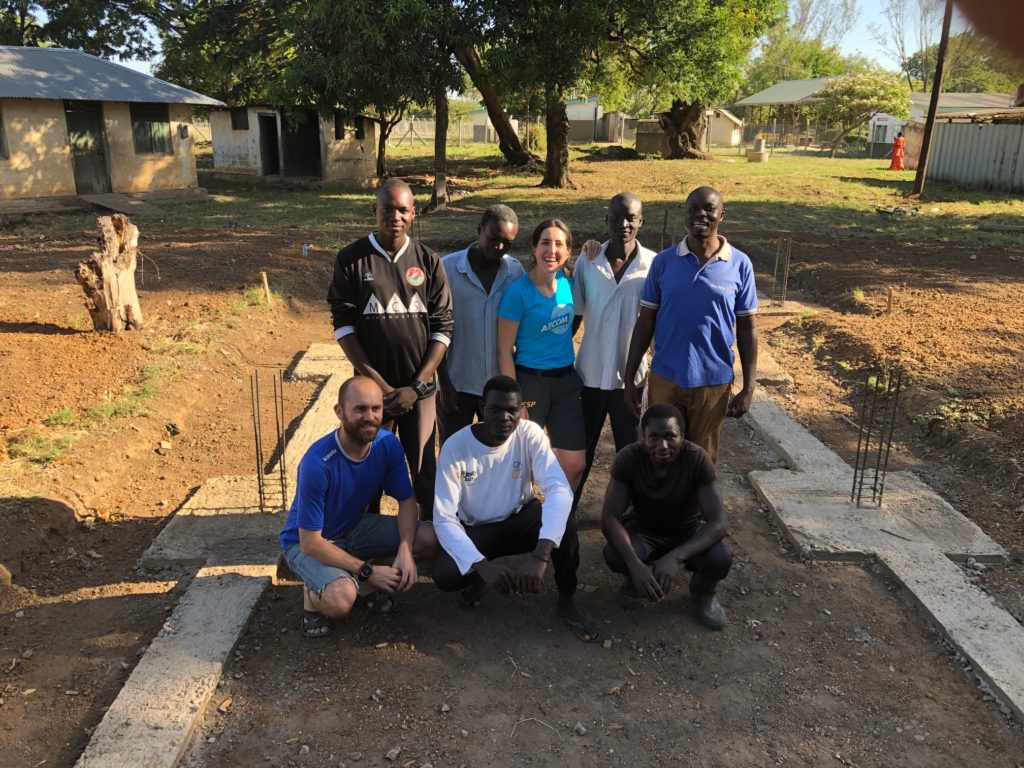Eco-San toilets are fundamental to improving sanitation at Uganda’s Kumi Hospital
Our Blueprint Travel Grant program supports employees making service-based trips around the world in partnership with charitable organizations. As they return from their journeys, we’re following their stories through the #AECOMBlueprint blog series.
A few months ago, I had the opportunity to travel to Uganda with Engineers for Overseas Development (EfOD), a UK registered charity that enhances young engineers’ careers through engagement in humanitarian work, to start the construction of a pilot project we have been designing in the UK in the last two years. This project, a building of Eco-Sanitation (Eco-San) toilets focus on the improvement of the sanitation system at Kumi Hospital, a facility located in eastern Uganda that formerly aided people with leprosy. Since 1997, the facility has operated as a general hospital with an increasing demand for use[1].
The pilot project aims to achieve the following objectives:
- providing sustainable, adequate and equitable sanitation and hygiene for the hospital’s patients
- expanding the knowledge about eco-sanitation, rainwater harvesting, recycling and latrines maintenance among locals; and
- supporting and strengthening local participation in improving their sanitation[2].
Upon assessing the current condition of the hospital’s sanitation system, it was identified that it is inadequate and in very poor condition. To improve the facility’s conditions and to work towards achieving the Sustainable Development Goals (SDG) related to Good Health and Sanitation, EfOD is fundraising, designing and building a block of seven Eco-San cubicles including a rainwater harvesting system for hand washing and cleansing.
The concept of the Eco-San system relies upon the separation of urine and excreta for separate forms of treatment and use. Beneath each Eco-San cubicle, there is a double vault to store excreta. After a period of dehydration, of around ten months, the excreta can be removed and used as fertiliser. The urine is collected separately and diluted before being used as fertiliser. This process “closes the loop” recovering and recycling nutrients from excreta and urine which are then applied to the soil, providing a sustainable and innovative approach in the hospital for the treatment and use of these types of waste.
[1] EfOD [cited 18/6/2018]. Accessed at: http://www.efod.org.uk/
[2] Sustainable Development Knowledge Platform [cited 20/6/2018]. Accessed at: https://sustainabledevelopment.un.org/sdgs

Eco-San toilets examples built in India
Another EfOD member and I travelled to Kumi for two weeks to manage the start of the Eco-San toilets building’s construction, thanks to the AECOM’s Blueprint Travel Grant program, which helped towards the travel costs. Over the first few days, we focused on getting to know the local team that we were going to work with, visiting other Eco-San toilets in the area (that are mainly located at schools) and buying construction materials.
The Eco-San toilets building is being built in a sunny spot of the hospital fields, to help towards the dehydration process, with good access and close to the main yards with a footprint of around 13m by 6m.


Eco-San building foundations excavated and poured with concrete including the columns kicker
The following days involved soil digging, concrete mixing, concrete pouring, columns reinforcement and timber formwork building.
It was a very intense experience since we worked quite a lot to make sure we completed everything that we sought out to do. We managed a group of five local men on site, which was challenging at a times due to cultural and language barriers. We managed this through having open discussions together and being confident in our decisions taken while working on site since otherwise, they would do the work their own way. Overall it was a very rewarding, fulfilling and interesting experience; learning with and from them.

EfOD volunteers and local labour team
The construction will continue beyond my trip as other EfOD volunteers will travel to Uganda to continue with the project. The ultimate goal is for Kumi Hospital to have an improved sanitation system, which leads to better hygiene and enables a closed-loop system for the community.
I personally will remain involved in this project and perhaps go back to Uganda towards the end of the construction. One of my takeaways from this trip is how simple we could live and how priorities change based on that lifestyle. Kumi is probably the most remote and extreme place I have ever visited, and people have a very simple life there somehow. My other take away is that we need to change the perspective we have of developing countries, as Uganda. These cultures might still have some fundamental setbacks such as poor sanitation or an unbalanced diet, but I believe the communities should develop in their own way and not in the same way that other nations have evolved.






